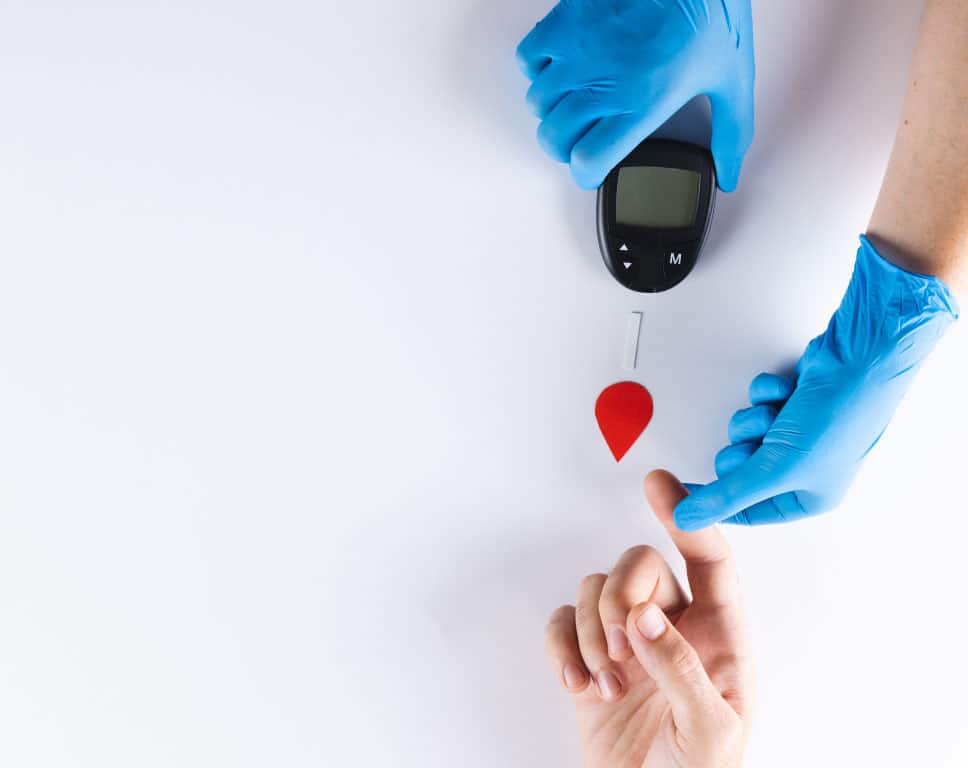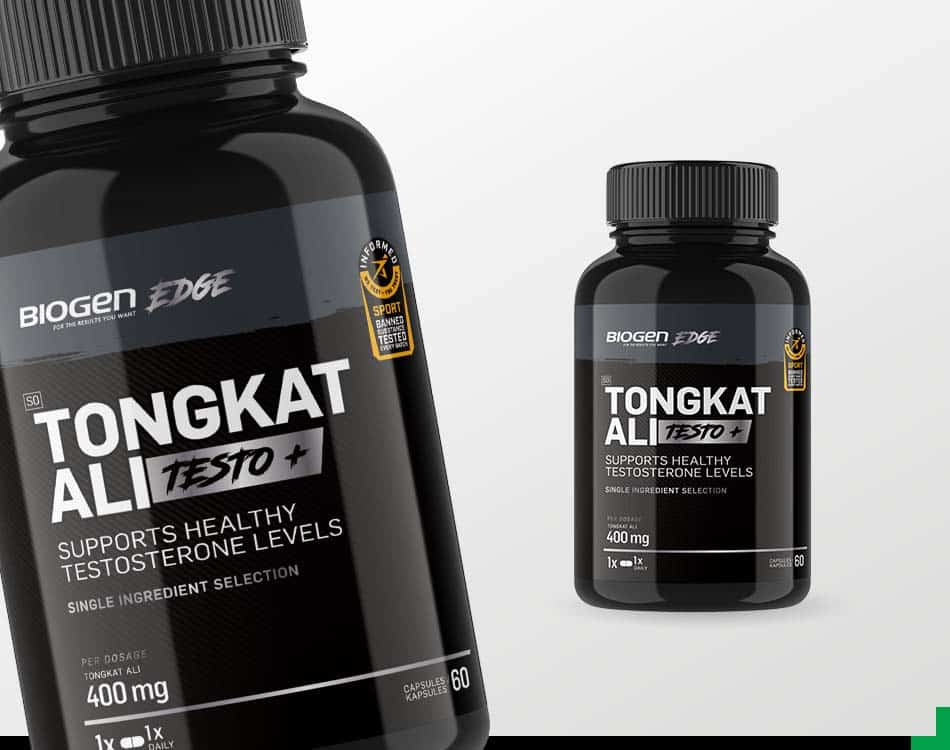Stress comes in many forms today, which means we need to find ways to cope with and manage these stressors to build resilience and tackle life head on, with stress support supplements offering an effective option.
The common stressors we commonly encounter can include:
- Physical stress, such as intense exercise, illness, injuries, direct trauma or bodily dysfunction; Dietary stress, which relates to the impact foods and ingredients have on our bodies;
- Environmental stress pertains to elements in our external world that affect us, like exposure to chemicals and toxins or excessive temperatures; and
- Psychological stress arises from relationships, everyday pressures or situations.
When a healthy, normally functioning body encounters acute stress, it initiates a well-coordinated response to help cope with and adapt to the stressor, which has many positive benefits.
READ MORE | How Exercise Builds Mental Muscle
Acute stress response
Ultimately, our body responds to different stressors in the same way. This response involves two systems: the nervous system and the hormonal system.
The nervous system responds rapidly through the sympathetic branch, activating the “fight or flight” response.
This process releases adrenaline and noradrenaline, hormones that increase heart rate, expand airways, and redirect blood flow to muscles, preparing the body for immediate action.
Simultaneously, stress activates the hypothalamus-pituitary-adrenal (HPA) axis, which stimulates the adrenal glands to release cortisol, a hormone that helps regulate metabolism, suppress inflammation, and provides sustained energy.
Once the stressor subsides, these systems self-regulate and return to baseline, ensuring the body’s stress response is finely tuned to maintain overall health.
In these instances, experiencing acute stress can positively affect your body, making you more alert, aware and ready for action. Constantly subjecting your body to acute stress through regular exercise can also cause adaptations that make you stronger and fitter.
READ MORE | The Stress-Less Toolkit
Stress overload
However, when multiple stressors overwhelm our minds and bodies, the chronic stress can overload our normal stress response. Without corrective action, chronic stress can impact our health and performance in various ways.
Initially, we can start to feel constantly pressured, anxious or overwhelmed, accompanied by symptoms1 that include disruptions to normal endocrine (hormone system) function, insomnia, digestive issues, disrupted immune system function, physical symptoms like weakness and aches and pains, and cognitive issues like unfocused thinking.
Other common stress-related conditions include high blood pressure, an elevated heart rate, sexual dysfunction, and depression2.
As such, it is vitally important to find healthy ways to cope with and manage stress in all its forms.
READ MORE | Stop Stressing Out! Exercise To Manage Stress In Today’s Hectic Lifestyle
Build stress resilience
Taking a proactive approach to stress management can help us achieve and maintain optimal health and wellness. A common framework used to identify and neutralise stress triggers is the 5 As approach, which entails:
-
Avoiding
Do not create additional stress by staying on top of factors in your control like scheduling, project planning and task prioritisation. Take control of your environment to avoid unnecessary stress by eating a wholesome balanced diet and getting sufficient, quality sleep.
-
Altering
Identify things in your life that cause stress and change those you can. For example, back-to-back meetings can cause stress by taking time away from other tasks. Working late can cause relationship stress, so plan accordingly and prioritise your life to find the right balance.
-
Adapting
Sometimes, we face unexpected sources of stress that are out of our control, like a last-minute work, school project or a family emergency. Remind yourself that life happens and work to adapt to the stressful conditions as best you can to help you gain control.
-
Accepting
Those who expect and prepare to experience stress typically handle and respond better to those who do not accept that stress is part of everyday life. We should not try to avoid or remove all stress from our lives but accept that we will experience it and prepare as best we can.
-
Activity
Physical activity helps to calm the nervous system and releases endorphins, which are neurotransmitters that improve your mood. A walk or some yoga are great options. Some light exercise, particularly cardiovascular activity, is a great way to manage stress without exacerbating the situation with intense physical exertion. Exercise also releases tension by distracting you from daily worries, while the improvements it makes to your cardiorespiratory system enables your body to cope with daily stress more effectively.
READ MORE | Keep Stress In Check For Better Cognitive Function
Support your stress-less strategy
There are also numerous other ways to cope with stress and develop greater stress resilience. According to research, creating headspace and calming the mind are effective ways to deal with and reduce stress.
For instance, participants in one study2 effectively reduced stress levels with yoga, mindfulness and a mindfulness app.
Meditation can also help you manage and reduce stress4 by making you more mentally resilient. Regular meditators gain better control of their thoughts, emotions and feelings and experience various benefits, including improved stress tolerance, less anxiety and depression, better mental clarity, concentration, focus, calmness, and emotional positivity.
Deep breathing exercises or breathwork (Deliberate control of your breathing pattern) can also help calm your nervous system and reduce stress levels5.
Maintaining strong social connections is also essential for managing stress3. Talking with friends, family, or a therapist can provide a valuable outlet for expressing your feelings and gaining support. Feeling understood and connected can reduce the emotional burden of stress.
READ MORE | Manage Stress And Improve Mental Health With These Supplements
Manage stress with supplements
Your local Dis-Chem Pharmacy also stocks a range of supplements specifically formulated to support our body’s natural stress response.
These products typically contain natural botanical and herbal ingredients and vitamins and minerals that support our nervous and hormonal systems or act as a mild tranquilliser to reduce tension, irritability, nervousness, restlessness and mild anxiety.
These ingredients include adaptogens, which are substances that increase the body’s ability to resist and adapt to mental and physical stress.
They are generally made from plant extracts or herbs that help to restore balance in the cardiovascular, immune, nervous and endocrine systems, usually without any physiological disturbance, side effects or toxicity.
Stress management products available at Dis-Chem include:
- Biogen Stress Relief
- Noolit Lions Mane Stress Relief Capsules
- Biogen Mental Reset
- Dis-Chem Gold Adrenal Support
- Biogen Mental Lift
- Biogen Ashwagandha Root
Common adaptogenic ingredients available include Rhodiola Rosea, Ginkgo Biloba. Panax Ginseng and Ashwagandha, among others, and are commonly found in nootropic products, together with antioxidants, vitamins, minerals and herbs.
Nootropics may enhance cognitive functions and boost mental resilience to stress, and calm the body and mind to promote restful and restorative sleep.
References:
- Yaribeygi H, Panahi Y, Sahraei H, Johnston TP, Sahebkar A. The impact of stress on body function: A review. EXCLI J. 2017 Jul 21;16:1057-1072. doi: 10.17179/excli2017-480. PMID: 28900385; PMCID: PMC5579396.
- Can YS, Iles-Smith H, Chalabianloo N, Ekiz D, Fernández-Álvarez J, Repetto C, Riva G, Ersoy C. How to Relax in Stressful Situations: A Smart Stress Reduction System. Healthcare (Basel). 2020 Apr 16;8(2):100. doi: 10.3390/healthcare8020100. PMID: 32316370; PMCID: PMC7349817.
- Ozbay F, Johnson DC, Dimoulas E, Morgan CA, Charney D, Southwick S. Social support and resilience to stress: from neurobiology to clinical practice. Psychiatry (Edgmont). 2007 May;4(5):35-40. PMID: 20806028; PMCID: PMC2921311.
- Daniel RV, Sharma G, Chandra S. Effective Stress Management through Meditation: An Electroencephalograph-Based Study. Int J Yoga. 2022 Jan-Apr;15(1):45-51. doi: 10.4103/ijoy.ijoy_171_21. Epub 2022 Mar 21. PMID: 35444365; PMCID: PMC9015081.
- Fincham, G.W., Strauss, C., Montero-Marin, J. et al. Effect of breathwork on stress and mental health: A meta-analysis of randomised-controlled trials. Sci Rep 13, 432 (2023). https://doi.org/10.1038/s41598-022-27247-y















